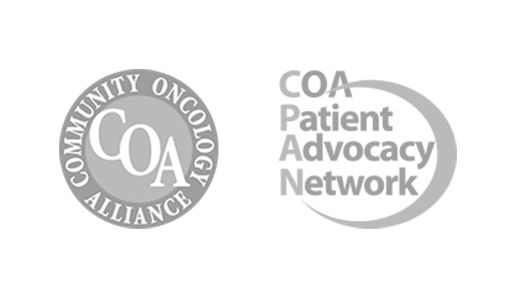Dealing with cancer is never easy.
As you start cancer treatment, you’re bombarded with numbers of success rates, numbers of other people with the same type of cancer, number of your own physical stats.
In all these numbers, it’s easy to lose the site of the others around you who can help.
Even if you have a supportive family and group of friends, a support group for people undergoing cancer treatment can be invaluable.
This article will show you 5 benefits of joining a cancer support group.
1. The Ability to Share
One of the most difficult aspects of cancer or any disease is that no one understands what you’re going through. Sure they say they understand, they sympathize with you, but how can they know?
A cancer support group is a unique place because it is made of people who know what you’re feeling because they’ve been there. Many of them are still there now.
They will understand your fears, worries, concerns, and joys better than even your own family at times.
You also won’t have to explain all the medical jargon that you’ve become an expert in. Your friends in the outside world don’t know about the different stages of cancer, the levels and types of chemotherapy, or even the full name for your diagnosis.
Your friends in a support group for cancer already know these things. Sometimes not having to explain is a relief in itself.
Most people are also more comfortable talking about the side effects of treatment and physical issues related to cancer. People outside of support groups shy away from talking about “gross” things, but your peers in a support group get it.
Cancer changes your perspective on life. It can be difficult to discuss this with your friends and coworkers, but in a support group, they already know you’re different now.
2. Support for Your Whole Family
While cancer is a diagnosis for one person, no one goes through cancer in isolation. Your family is always affected, whether its siblings, parents, significant others, or children.
As you go through cancer treatment, you will struggle at times with physical effects and emotional moments. Your family may feel paralyzed and unable to help you. This is also not a time when you can be as supportive of them as you usually are.
When your health is compromised, you’re in a Catch-22. You’re worried about how your illness is affecting your family, and worrying only makes your illness worse.
A support group gives your family a place where they can share their thoughts and ask for advice.
Your kids can talk with other kids about their experiences and not feel alone. Your spouse can ask questions about how to best support you during this time.
A support group for cancer is also a great place for you to ask for help in how to aid your family and how to let them help you. Who better to give you advice than those who have been through this before with their own families?
3. Empowerment
Even as cancer wreaks havoc on your body, it also makes you stronger in many ways.
People in support groups have been through a lot and have learned to be independent and assertive.
They acknowledge that everyone chooses their own path and treatment, but they won’t let you lie to yourself either. They will hold you accountable for your words and choices, which is what you need.
When you mention cancer to most people, the first response you’re going to get is pity. It’s easy to adapt this to your own way of thinking and feel sorry for yourself, wondering, “Why me?”
In a cancer support group though, you really don’t have that option. People with cancer surround you. Some of them have had it multiple times, others have much worse types than you.
When you’re tempted to feel sorry for yourself and give up, just looking at those whose lives are harder than yours knocks you out of your self-pity. This helps you to keep fighting.
And if the people around you can keep living and loving life, why can’t you?
4. Learning About Your Cancer Treatment
Support groups are full of people with first-hand knowledge. They know the best doctors, hospitals, medications, and treatments.
They also know the best home remedies and ways to increase your appetite after chemo. They can also help to explain your upcoming procedures and help you prepare for them in practical ways.
If you want more information and education about your specific type of cancer, like Melanoma, you should find a group for that type. If you don’t need more information but just want support, a general cancer support group is fine for you.
5. Feeding Your Spirit
In this day and age, medicine is all about fighting diseases. Doctors rush around doing scans and tests, trying to see how sick you are and how to fight it.
There’s not a lot of consideration for your soul or your emotions in the process.
Cancer support groups help pick up the slack for this. In group, you’ll be free to discuss your thoughts and feelings. Listening to others can also be refreshing. You won’t feel alone, and you’ll gain new perspectives.
Support groups also help you learn from experience, not just fight through it like doctors want. Cancer can teach you a lot about your self and life. Many people learn to be more patient, confident, and compassionate.
As painful as the process is, what better way is there to learn to enjoy life and to love every moment? A cancer support group can remind you of these things on days when all you want to do is lay in the dark and cry.
One last thing to consider is the length of cancer treatment groups. Once you’re in remission, you’re not kicked out of the group. You can continue to go and help others.
What better way is there to nourish your own spirit than to help someone else survive a terrible time? This is one reason why people join groups like the Cancer Survivors Network.
Moving Forward
One important aspect of cancer support groups is learning others’ stories. As you continue your journey through cancer treatment, you may want to read some of these stories.
You can find some great testimonials here.






